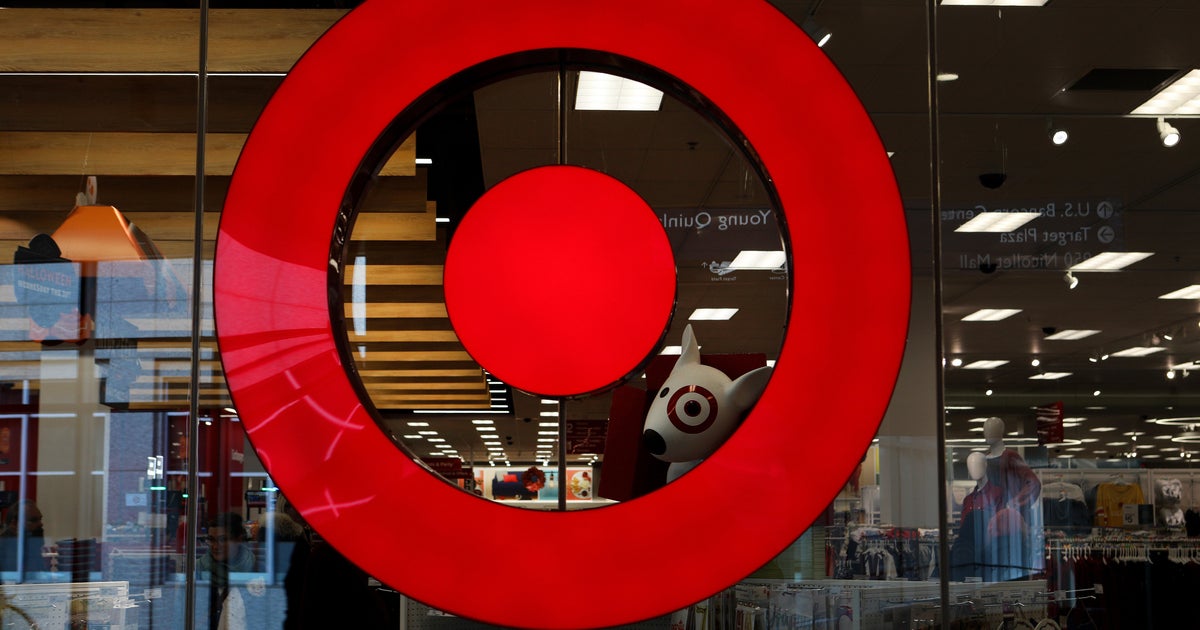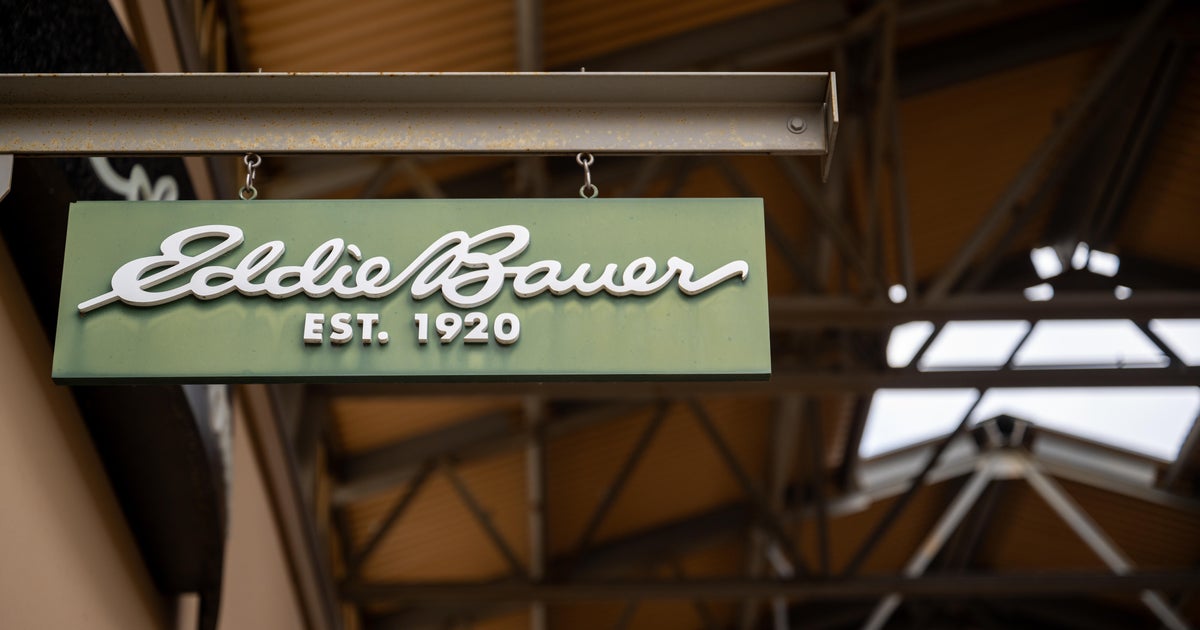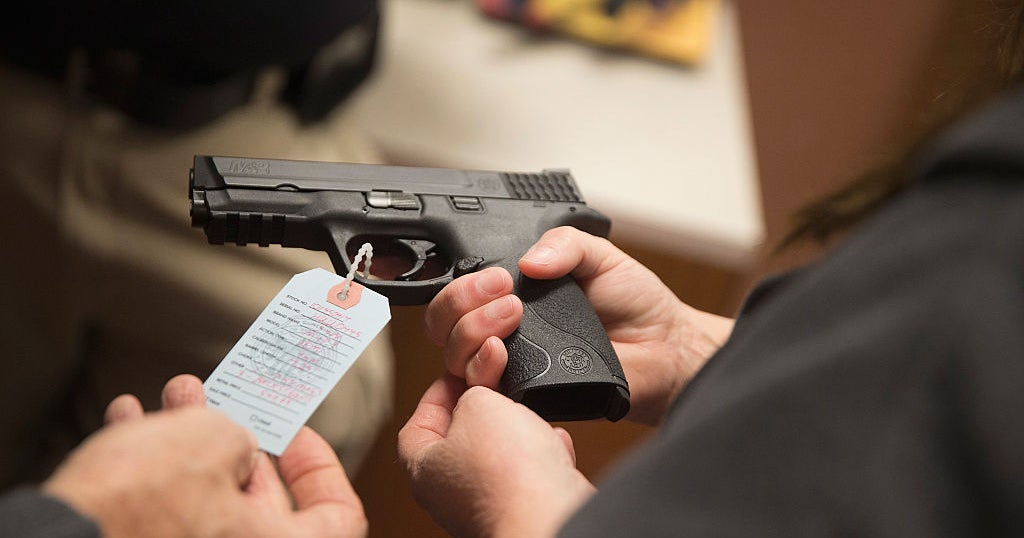Amazon touts effort to crack down on counterfeit goods amid complaints
Amazon is speaking out about Project Zero, the company's latest effort to crack down on counterfeit goods sold on their site. The online retail giant has more than 300 million active users. They spent more than $141 billion on products last year.
Most of the products sold on the platform come from third-party vendors, with Amazon helping facilitate the sale. But Amazon has come under fire not doing enough to vet those third-party sellers. Some are accused of copying patented products and potentially putting customers in danger.
"We've continued to make progress in reducing the amount of counterfeit in our store… but the fact is that today, that number's not zero. There are still counterfeits," said Dharmesh Mehta, Amazon's vice president of customer trust and partner support. He said the company caught three billion suspicious listings last year before buyers even saw them but can't say how many counterfeits actually made it onto the site.
"Are you able to say how many counterfeits you've discovered over a year period?" CBS News correspondent Carter Evans asked.
"I don't think I have that data point," Mehta said.
Danice Jacobson knew something was wrong when her service dog, Riley, became severely ill after taking the pet supplements she regularly ordered from Amazon. Then she got an email from the retail giant saying the products from a third-party seller may not be the real thing.
"As you can see, this is chalky and brown, and this is a white fine, fine powder," Jacobson said.
The company that makes the supplement, Nutramax, said the "counterfeit versions" of its products sold on Amazon were a "threat to pets' safety and well-being."
"Amazon's been sued many times over this by people who claim that Amazon is responsible for facilitating the sale of a counterfeit product. Where does the responsibility lie?" Evans asked Mehta.
"Our focus first and foremost is how do we prevent counterfeit from ever getting in our store?" Mehta said.
"But when you do find one, whose fault is it?"
"And so if there is one… we'll make sure the customer is made whole on that product, and we're going to work with the customer or work with brands to go after that bad actor," Mehta said. "On average, 95 percent of the time, we investigate that and take action within eight hours."
Inventor Mark Lopreiato said that wasn't the case for his business. After listing his Forearm Forklift on Amazon, he said he found dozens of fakes using the same name, logo and photos. Lopreiato said it's not only extremely difficult to track down the bad actors, but also to take any legal recourse against them.
"We have to find them, deep in their website, then report them, still more and more days are passing, and then finally they may or may not take down the listing," Lopreiato said.
Amazon filed suit against a few sellers who were counterfeiting Lopreiato's product and won $60,000 in May 2018. That money went to Loprieato.
But now Mehta said Amazon wants to make it easier to remove fakes by teaming up with sellers in a new program called Project Zero.
"This is the first time we've given brands the ability to directly remove stuff from our store," Mehta said.
He showed us how approved sellers can identify and delete suspected counterfeit listings with just a few clicks.
"We are giving brands a lot of responsibility and…we will always have some level of vetting," Mehta said. "There's some powerful tools in there, and you wouldn't want some random person showing up and starting to remove products from our store."
The company said part of that vetting process is keeping the program "by invite." Only 500 brands are currently participating, but Mehta said that number will grow significantly. Amazon is also using artificial intelligence to search for fakes and offering sellers an option to add a special code to each product that buyers can scan with Amazon's app to make sure it's real.
Bob Barchiesi with the International Anti-Counterfeiting Coalition said consumers need to be aware of what he calls the three P's.
"Price, point of sale, and packaging," Barchiesi said. "If it's too good to be true, it's probably fake, packaging – misspellings… specifically for Amazon, you also may want to look at the customer reviews… that it was a verified purchaser."
"You really think that's gonna make the difference here?" Carter asked Mehta.
"I don't think that will make the difference all on its own… so when I look at Project Zero, it really is the combination of all the automation, all the machine learning and everything we can do upfront," Mehta said. "The success, the growth of Amazon… is all built on having to have customers trust us, small and medium businesses and brands trust us – 'cause that's the only way we're going to thrive."



